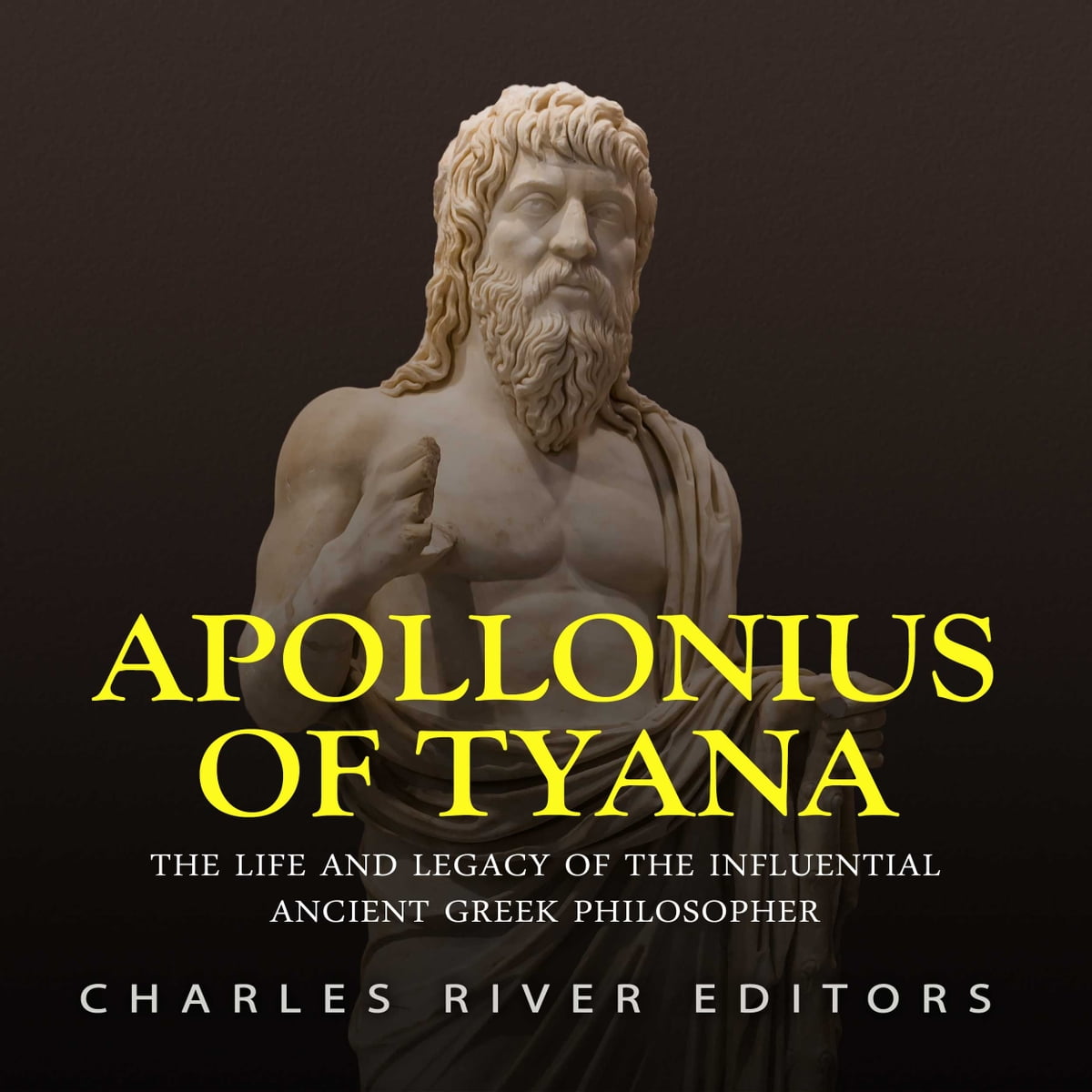The philosopher who built the road to monotheism: Who is Apollonius of Tyana?
This philosopher says: It is natural for all people to benefit from earthly assets jointly and fraternally. Dividing the lands is against nature.

Who is Apollonios (from Tyana)? Information about his life and works: (1-century) Ancient Greek sage. He tried to reconcile polytheism and spiritualism by reinterpreting the Pythagorean doctrine. It is said that he was born in Tyana during the reign of Emperor Augustus and died in Ephesus during the reign of Nerva. His family was from the nobility of the city. At the age of fourteen, he entered the philosophy school opened by the Phoenician Euthydemos in Tarsus and studied grammar and discourse. Then he went to the Aegean Region and met the Stoic sages. At this time he became friends with the Pythagorean Eutsenes, and under his influence, he studied Pythagorean teaching. He went on a long trip to the East, obeying the rules of the Pythagorean teaching about daily life, stopped eating meat and drinking wine, and walked around barefoot, with a hairy cloth on his shoulders. He set out to train himself in a rather strict method. During his long travels, he tried to spread the Pythagorean moral teaching and way of life. He then went to Babylon, where he stayed for four years. There he attracted attention as a person who was endowed with divine abilities and showed extraordinary achievements. He went to Nineveh, where vineyards and sorcerers were highly respected, and from there to the Caucasus countries and India, where he met gymna-sophistes (Naked sages). He also toured Europe for a while.
Apollonius of Tyana (c. 3 BC – c. 97 AD)[2] was a Greek Neopythagorean philosopher from the town of Tyana in the Roman province of Cappadocia in Anatolia. He is the subject of Life of Apollonius of Tyana, written by Philostratus over a century after his death.
Apollonios aimed to spread the Pythagorean teaching in these long-term travels; brought new interpretations and helped this teaching to develop and hold. After his death, in the name of Apollonios, who was completely deified, the people of the province where he was born established a temple, held ceremonies in his memory, and made offerings. According to a common rumor in some sources, Apollonios claimed that the gods were tangible beings, disguised as human beings, and lived in society, and presented himself as evidence for this view.
According to Apollonios, man is a divine being, and his value and importance stem from his essence. For this reason, it is necessary to call the man a "being of virtue". The advice and speeches of religious officials, the rules of life that they recommend to be implemented, lead people away from their divine essence and cause them to deteriorate by adopting an inconsistent moral understanding. In order to get rid of evil and negative effects, one must practice the most primitive way of life. It is natural for all people to benefit from earthly assets jointly and fraternally. Dividing the lands is against nature.
Making offerings to the gods and scattering their hair is not only unnecessary but also unseemly. The gods are great, great; They do not need the objects that people dedicate and offer.
Everything gathered under the concept of being is composed of a single essence. The passive state of this divine essence gives form to beings. "Being", then, is the passive nature of the divine essence.
Death is the condensation and solidification of this divine essence, and life is its loosening. In this case, the life-death event is the transformation of an object by changing its attributes. The transformation of matter that condenses and becomes sparse, and transitions from one state to another, enables objects to be speciated and to acquire a structure-form separately.
Adhering to the teaching of Pythagoras on numbers, Apollonios used some signs (symbols) to give a higher meaning to religious ceremonies and sacred beliefs.
Among the various sources that give information about Apollonios, Suidas and Philastratos claim that he is a work on subjects such as the life of Pythagoras, praise of Mnemosyne, oracles, offerings, and religious ceremonies.
The importance of Apollonios in the history of philosophy is due to his new interpretation of Pythagorean thought. His derivation from an immortal "essence", which is unique and has divine qualities, influenced the monotheistic understanding in later periods.
Allegations
Apollonius of Tyana was famous in the 1st century as the wise prophet of the Pagans.
Apollonius, who lived in the 1st century B.C., was a very mysterious man, and his miracles bear surprising resemblances to Christianity.
The real Jesus is Apollonius of Tyana.
Apollonius of Tyana is the true founder of Christianity.
